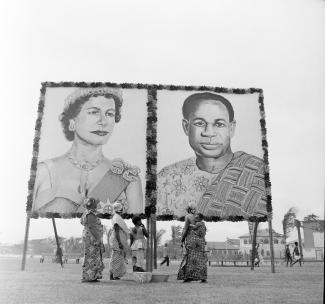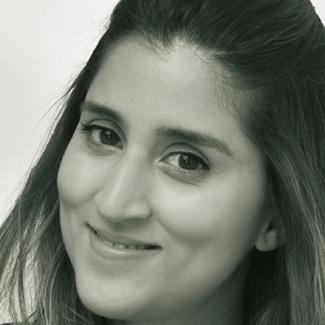International relations
From “underdevelopment” to the SDGs

Western observers tend to see former colonies as similar entities, which all are in need of progress. In his seminal work Orientalism, the Palestinian Scholar Edward Said criticised the cliché according to which “Europe is powerful and articulate; Asia is defeated and distant”. This division is actually a matter of perceptions, not geography.
What Said wrote 40 years ago still applies today. The imaginary line he saw demarcates the former conqueror and the conquered, the former coloniser and the colonised, the advanced economies and developing countries. In line with this binary thinking, terms like “Third World”, “Developing World” or “Global South” eventually reinforce negative stereotypes. Typically, they were coined to escape the dichotomy, but eventually they all suggest that certain countries are successful whereas others have failed.
Third World is still used sometimes, though it no longer makes sense. Initially, it stood for non-aligned countries that neither belonged to the capitalist west nor the capitalist north. Since they were in Africa, Asia, the Pacific region and Latin America, “Third World” became a synonym for “Developing World”.
“Global South” is of much more recent coinage. The term makes sense in political rhetoric, but it still emphasises the dichotomy of a privileged north and a disadvantaged south. Politically correct language only shapes perceptions to some extent. Prejudices and stereotypes often prove enduring – and nothing has changed about the world being divided into a few successful “advanced nations” and many poorer “developing countries”.
Nonetheless, it makes sense to change rhetoric if underlying ideas prove particularly harmful. Marcin Solarz, a Ukrainian intellectual, has noted that only in the late 1960s did the term “developing countries” began to replace the harsher “underdeveloped countries” in UN contexts and then became the most common categorisation for countries in Africa, Asia, Latin America and Oceania.
As Katie Willis of the University of London has pointed out, “underdeveloped” and “undeveloped” imply an inability to change, whereas “developing” sounds more dynamic. In people’s minds, nonetheless, it still stands for poverty, deprivation and even hunger.
It is noteworthy, that the concept of “development” has changed, at least among people who specialise in these matters. After World War II, it was basically equated with economic growth and modernisation, which, in turn, meant urbanisation, industrialisation and technology application. Attempts to bring about the desired changes through technocratic aid, however, systematically failed. Accordingly, debate on what “development” means began to heat up.
In 1990, the UN Development Programme (UNDP) introduced the notion of “human development”. Apart from income, it included indicators for people’s health and education. The guiding idea was that “development” was supposed to empower persons to take their fate into their own hands. Preconditions for doing so are a minimum of financial clout, physical capabilities and intellectual capacity.
In its annual series of Human Development Reports, the UNDP has since further refined its concept. Its Human Development Index (HDI) was originally developed in cooperation by South Asian economists Mahbub ul Haq from Pakistan and Amartya Sen from India. Their idea of personal freedom has roots in European enlightenment, but it is universal since it has been adopted by the UN. The same is true of human rights, of course.
The UN Sustainable Development Goals (SDGs) largely reflect the spirit of the HDI. Moreover, they are a global agenda that spells out tasks for all nations, not only the developing world. While in common perceptions, the distinction between some privileged and many disadvantaged countries is still in force, the UN has at least conceptually overcome it.
Mahwish Gul is a consultant with a focus on development management. She lives in Nairobi.
mahwish.gul@gmail.com








